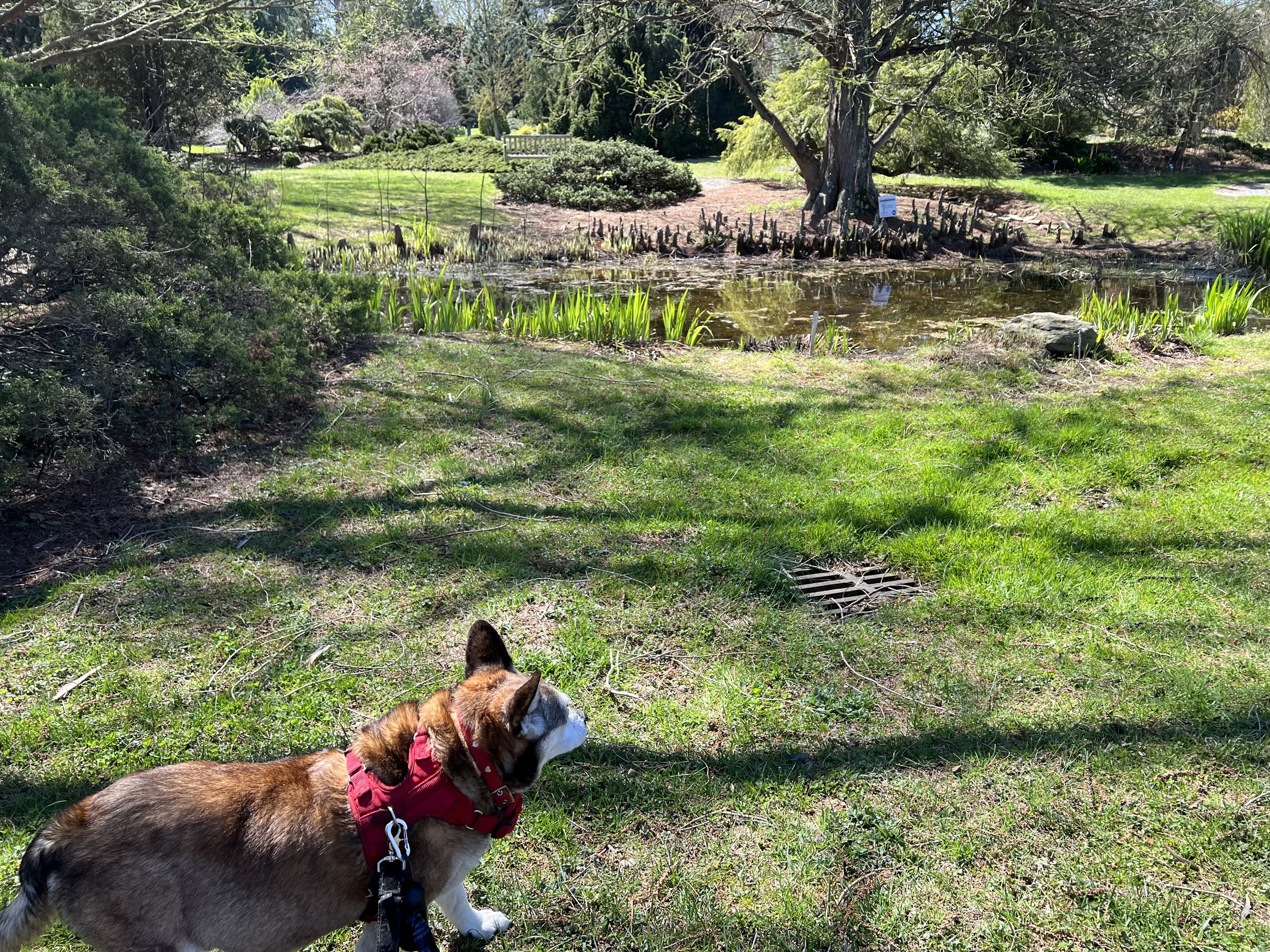Healing Spaces | U.S. National Arboretum
The grounds of the U.S. National Arboretum are open from 8 a.m. to 5 p.m. every day of the year except for Christmas Day. The National Bonsai & Penjing Museum is open 10 a.m. to 4 p.m. daily except for federal holidays from November through February. Admission to the grounds and museum is free and no tickets are needed.
The U.S. National Arboretum is a collections-based research facility and public garden of the U.S. Department of Agriculture (USDA). It was established by the National Arboretum Act, signed into law by President Calvin Coolidge on March 4, 1927. In 1953, the National Arboretum was incorporated into USDA’s Agricultural Research Service. The Arboretum hosts the world’s first museum dedicated to the art of bonsai, the National Bonsai & Penjing Museum, established in 1976.
PUBLIC GARDENS
The display gardens at the National Arboretum grew organically from our early research interests into specific plant groups and collaborations with garden clubs and plant societies into comprehensive collections focused on plant groups important to American landscapes and on important, botanically rich temperate flora. Examples of the latter include the Asian Collections, highlighting plants from China, Korea, and Japan, and Fern Valley, our collection of eastern North American native plants in a scenic woodland settling.
The Azalea collections demonstrate the breadth and depth of diversity amongst azaleas and their relatives and showcase the Arboretum’s contributions to the development of modern, hybrid evergreen azaleas. The Dogwood, Gotelli Conifer, Holly and Magnolia, and Boxwood collections draw attention to these important nursery crops, which are augmented with complementary plantings for year-round appeal.
The National Herb Garden is a highly curated display of herbs from around the world in theme gardens and a cottage-style design filled with companion plantings, including heritage roses. The iconic National Capitol Columns create a picturesque landmark in the heart of the Arboretum.
LOCATION
Northeast Washington, D.C., with entrances on R Street NE and New York Avenue NE. There are additional (non-public) research locations in Beltsville, Maryland, and McMinnville, Tennessee.






